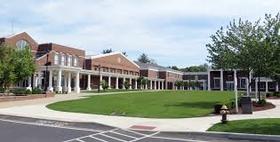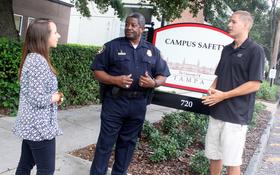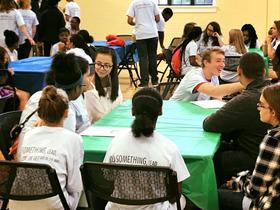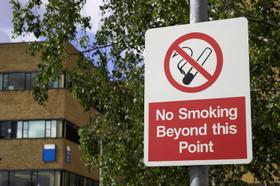Christian Parks, a Christian student attending Thomas Nelson Community College in Virginia, has filed a lawsuit against his school for prohibiting him from preaching on campus. According to the Christian Post, Parks’ argument is that the school violated his “fundamental rights to free speech, free exercise of religion, due process, and equal protection of the law.” The lawsuit further contends that the school prohibited the plaintiff from preaching on campus for fear that his religious views would offend others and prompt complaints.
The college, which is part of the larger Virginia Community College System, maintains a specific policy regarding student demonstrations. In order to stage a demonstration on campus, students are required to be a member of an on-campus student organization and must get permission to pose a demonstration at least four days in advance. The school maintains that the issue at hand is not regarding what Mr. Parks was saying on campus, but that he did not follow proper protocol by failing to get permission to speak ahead of time. Parks’ legal team, the conservative-leaning Alliance Defending Freedom disagrees. Joining the ADF in supporting Mr. Parks’ complaint is the Virginia Chapter of the American Civil Liberties Union, which released a statement saying that students deserve a first-rate college education, “which is impossible without a free exchange of ideas on campus.”
This video looks at preaching on campus.
An Anti-Free Speech Trend




























